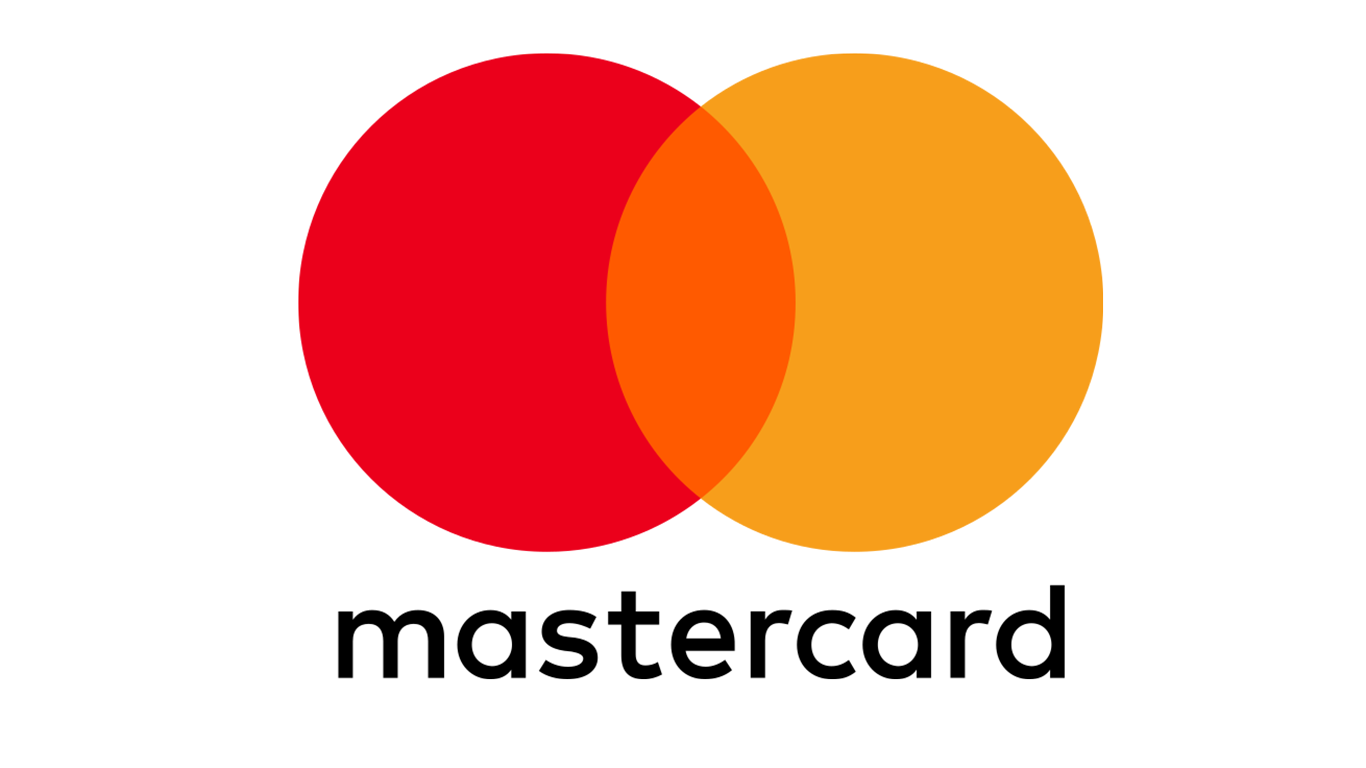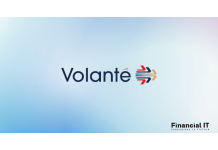Equiti Group Partners with Checkout.com To Expand...
- 06.02.2026 12:15 pm
PhotonPay Scales Global Footprint with Stripe To...
- 06.02.2026 10:55 am
Zip US Expands Flexible Payment Options with Launch of...
- 06.02.2026 10:15 am
Affirm and Virgin Media O2 Partner To Bring Flexible...
- 06.02.2026 09:15 am
Pix at Five Years: How Brazil Built One of the World’s...
- 05.02.2026 01:15 pm
Moonrise by Lunar Launches Instant Payments in Norway...
- 05.02.2026 12:55 pm
Ecommpay Announces Strategic Partnership with Payrails...
- 05.02.2026 11:25 am
American Express Launches Flexible Payment Option to...
- 05.02.2026 09:15 am
Corpay Announces Agreement to Sell Non-Core Vehicle...
- 04.02.2026 02:55 pm
Exactly.com and GP Solutions Join Forces to Expand...
- 04.02.2026 01:25 pm
Vault Selects Thredd as Strategic Issuer Processing...
- 04.02.2026 11:35 am
Volante Technologies Named a Leader in Gartner® Magic...
- 04.02.2026 10:15 am






















